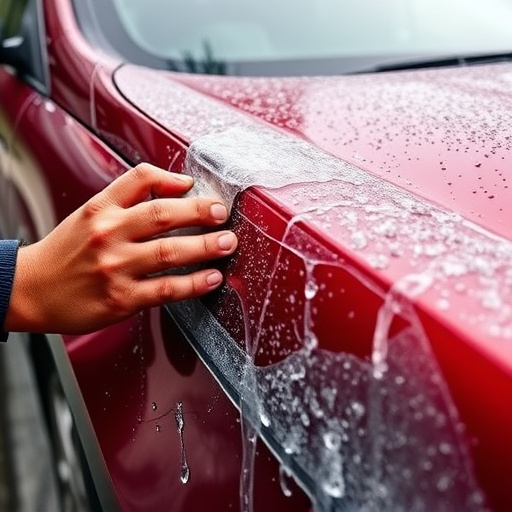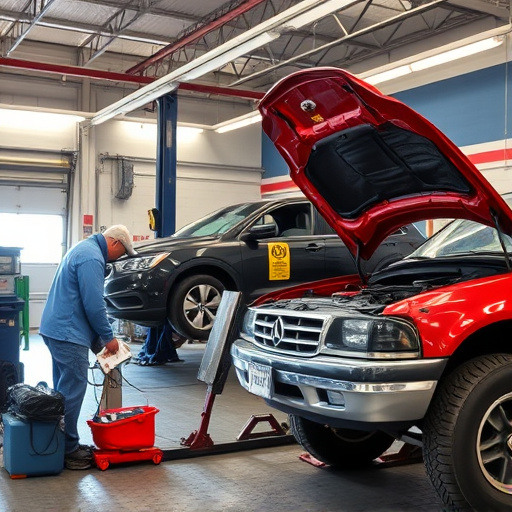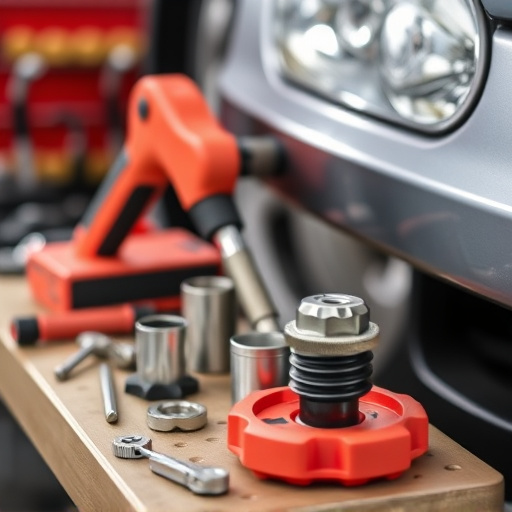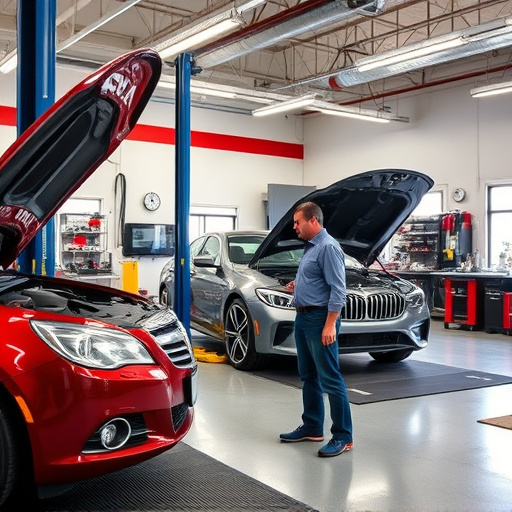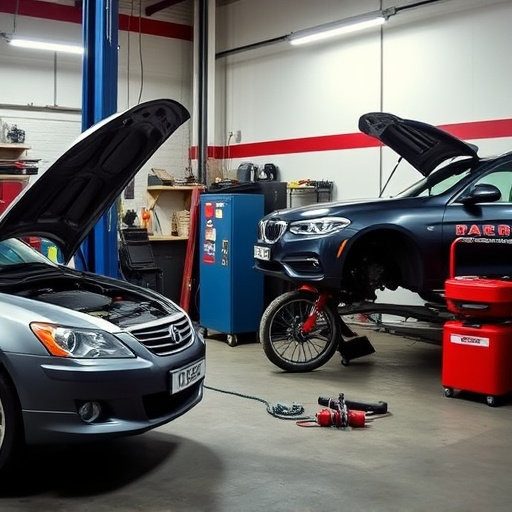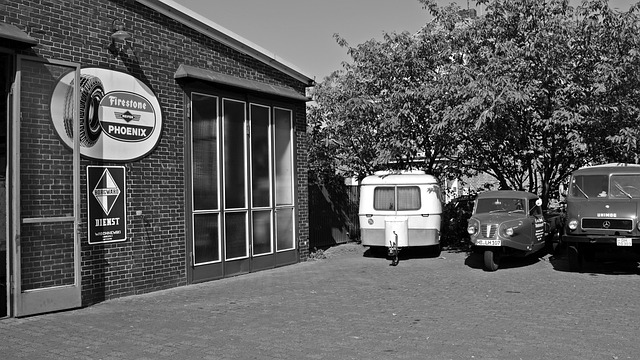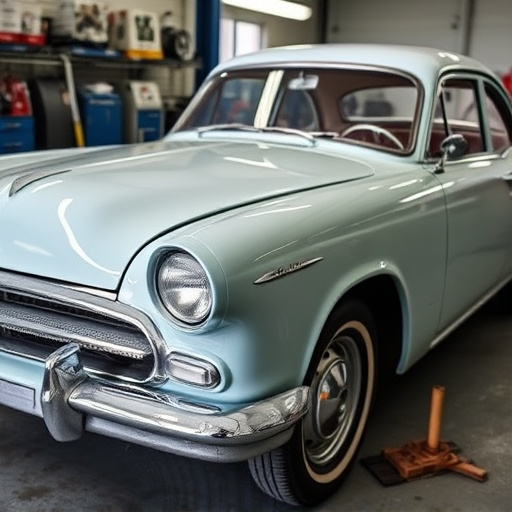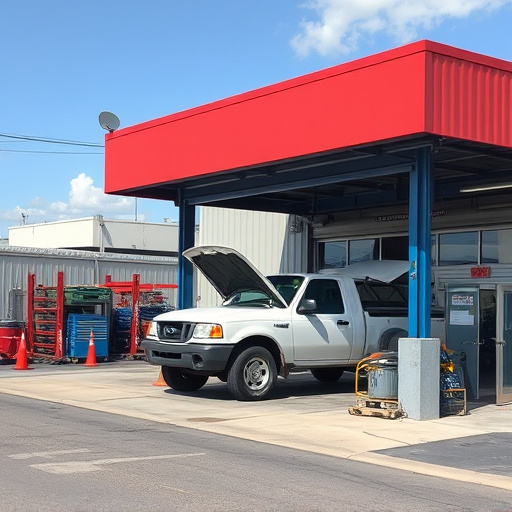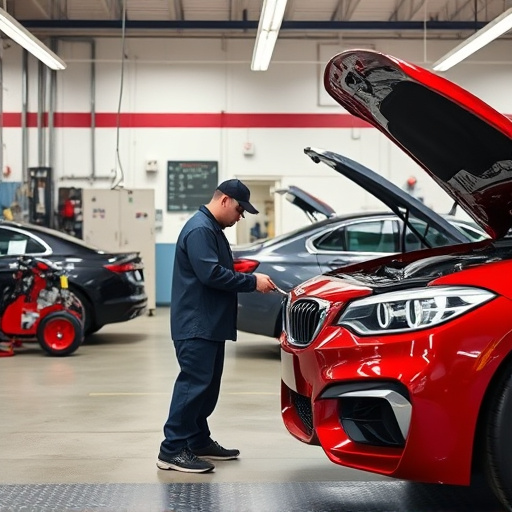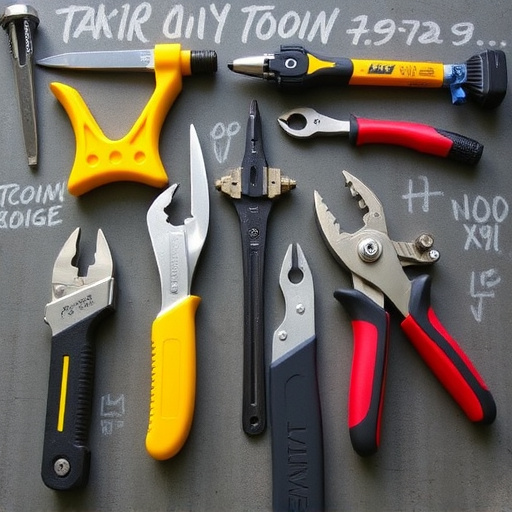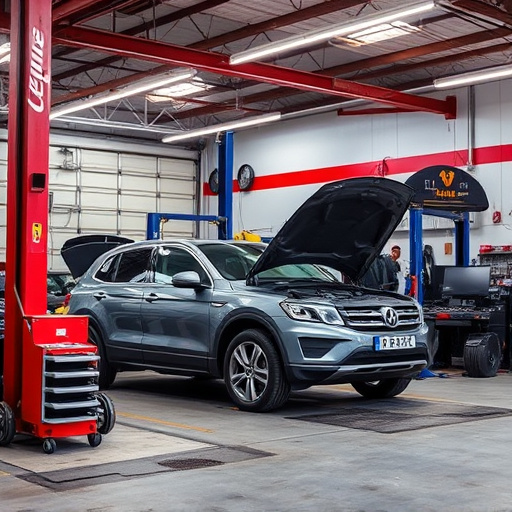Tesla's Advanced Driver Assistance Systems (ADAS), comprising features like Autopilot and automatic emergency braking, rely on intricate sensor networks and software for real-time environmental interpretation. Tesla repair network shops are vital for maintaining these systems, offering specialized EV repair expertise and access to exclusive training programs and parts. These shops ensure the safety and reliability of ADAS through meticulous diagnostics and calibration, contributing to public trust in Tesla's autonomous driving capabilities.
As Tesla vehicles continue to revolutionize the automotive landscape, advanced driver assistance systems (ADAS) play a crucial role in ensuring safety on the road. The growing complexity of these systems demands specialized care, making Tesla’s certified repair network shops vital. This article explores how these shops navigate the intricate world of ADAS maintenance and repairs, while emphasizing the importance of proper calibration and diagnostics for optimal performance and passenger safety.
- Understanding Tesla's Advanced Driver Assistance Systems (ADAS) and Their Importance
- The Role of Certified Tesla Repair Network Shops in ADAS Maintenance and Repairs
- Ensuring Safety and Reliability: Best Practices for Tesla ADAS Calibration and Diagnostics
Understanding Tesla's Advanced Driver Assistance Systems (ADAS) and Their Importance
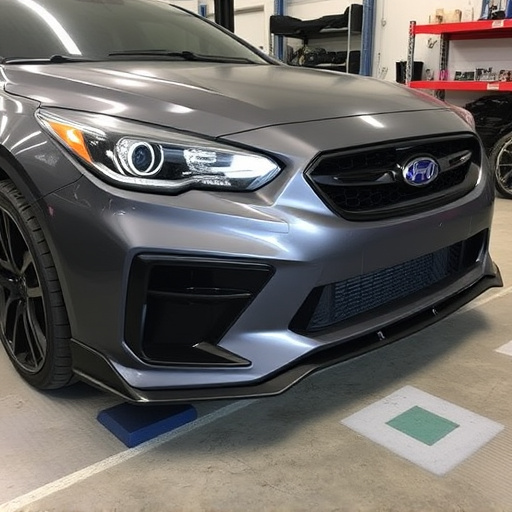
Tesla’s Advanced Driver Assistance Systems (ADAS) represent a cutting-edge technology suite designed to enhance safety and improve driving experience. These systems include features like Autopilot, lane keeping assist, automatic emergency braking, and more. They rely on a network of sensors, cameras, and software to perceive and interpret the surrounding environment, making critical decisions in real time. As these technologies continue to evolve, so does their importance—they not only contribute to safer roads but also reflect the brand’s commitment to innovation.
Maintaining ADAS requires specialized expertise and tools due to their intricate design and reliance on advanced electronics. This is where Tesla repair network shops come into play. These shops are equipped with the latest diagnostic tools and have trained technicians who understand the intricacies of auto body restoration, including car paint services, to ensure these systems function optimally. They’re not just fixing cars; they’re preserving the safety features that define modern driving.
The Role of Certified Tesla Repair Network Shops in ADAS Maintenance and Repairs

Tesla Repair Network Shops play a pivotal role in maintaining and repairing Advanced Driver Assistance Systems (ADAS). As Tesla vehicles become increasingly reliant on sophisticated technology for safety features like Autopilot, it’s crucial that only certified shops with specialized training and tools handle these intricate systems. These network shops ensure that repairs and maintenance are performed accurately and safely, preserving the integrity of the ADAS capabilities.
With their expertise in electric vehicle (EV) repair and advanced diagnostic tools, Tesla repair network shops can address a range of issues from sensor calibration to software updates. Unlike general auto repair shops, these certified locations have access to specific training programs and parts designed exclusively for Tesla vehicles. This ensures that when it comes to repairs like auto dent repair or even more complex tasks such as vehicle paint repair on Tesla models, the work is done competently, minimizing risks and maximizing the functionality of vital safety features.
Ensuring Safety and Reliability: Best Practices for Tesla ADAS Calibration and Diagnostics
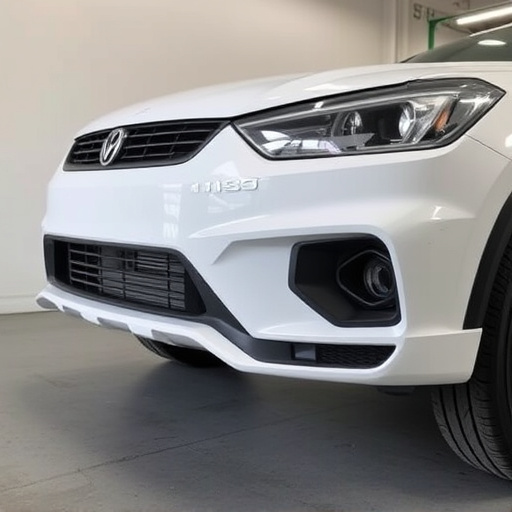
In the realm of advanced driver assistance systems (ADAS), ensuring safety and reliability is paramount. Tesla repair network shops play a crucial role in maintaining the integrity of these intricate systems, which include features like Autopilot and Full Self-Driving (FSD). Best practices for ADAS calibration and diagnostics involve meticulous procedures to safeguard both drivers and pedestrians. Calibration requires precise adjustments to sensors, cameras, and radars, ensuring they work in harmony to detect and react to surroundings accurately.
Shops within the Tesla repair network must employ specialized tools and trained technicians to perform these calibrations without compromising safety standards. Moreover, regular diagnostics help identify potential issues early on. This includes thorough checks of components like LiDAR sensors, which play a vital role in mapping environments for ADAS functions. By adhering to these best practices, a well-equipped car body shop can contribute significantly to the overall reliability and safety of Tesla vehicles equipped with cutting-edge driver assistance technologies, preventing accidents and fostering public confidence in autonomous driving capabilities.
Tesla’s advanced driver assistance systems (ADAS) play a pivotal role in enhancing safety on the roads, and proper maintenance is crucial. Certified Tesla repair network shops are essential in ensuring that these complex systems function optimally. By adhering to best practices for calibration and diagnostics, these shops guarantee the safety and reliability of Tesla vehicles, allowing drivers to benefit from cutting-edge technology with peace of mind.
